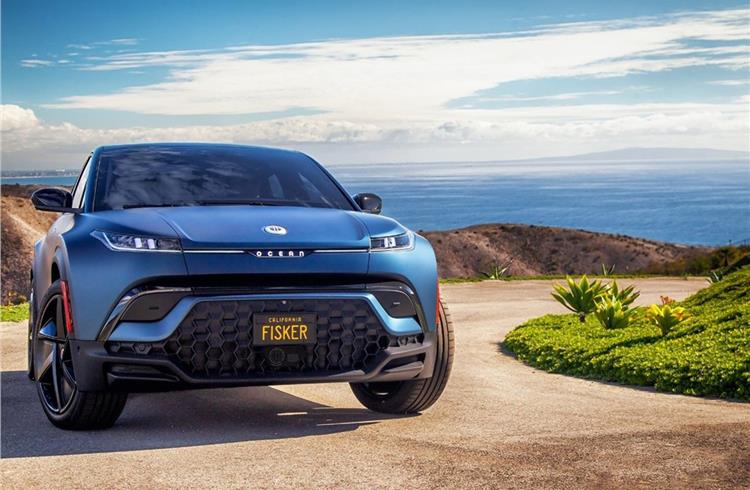American electric vehicle company Fisker is having a painful time as its shares skid nearly 47% last week after the EV startup flagged going-concern risks and job cuts. The EV maker has paused investments in future projects until it secures a partnership with another manufacturer to get some investments. Additionally, it warned of a “difficult year ahead” in the latest sign of growing pain in the EV sector after weak production forecasts from rivals Rivian and Lucid.
EV sector under pressure
Fisker’s stocks hit a record low at 38 cents, attracting a notice from the New York Stock Exchange over non-compliance with a listing rule. The company expects to make between 20,000 and 22,000 Ocean vehicles this year, way below estimates of 35,600 units, according to Visible Alpha – a financial analysis software. The EV sector has been seeing a downside due to high interest rates, range anxiety while driving and high repair costs. These factors are making consumers rethink their EV purchases and instead opt for hybrids.
Investors run for cover
The company’s decisions and announcements have led investors to try to safeguard themselves. The EV maker has warned that it might not have enough cash on hands to survive more than a year at max. “The company’s decision to cut 15% of its staff knocks its credentials as a growth stock and its warnings about its ability to operate as a going concern is understandably sending investors running for cover,” Russ Mould, investments director at AJ Bell, told Reuters. “Fisker lacks the scale to compete effectively given high interest rates,” he added.
Net loss doubles
Fisker’s net loss more than doubled in the fourth quarter to USD 462.6 million after the company ended 2023 with cash and cash equivalents of USD 325.5 million, down from USD 527.4 million as of September 30. Despite a “higher-than-usual” cash injection in the first half of 2024 from late deliveries of its Ocean SUVs, the company is struggling with resources for the even one year.
Future plan
In order to make things better, the company is trying to pivot to a dealer-partner model from the direct-to-customer model popular among EV peers. The company’s CEO Henrik Fisker said that the firm was not planning to start “external expenditure” on future projects such as the Alaska pickup truck and PEAR compact car, unless it secures another manufacturing partner. The company is already in talks with a manufacturer for an investment and joint development of EV platforms or manufacturing in North America.



